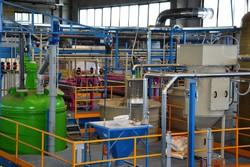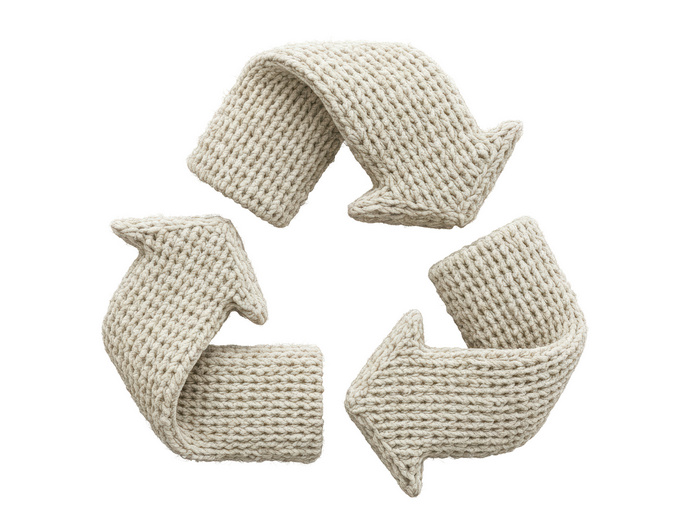Recovery of critical metals from waste promotes green technologies
Waste electrical and electronic equipment (WEEE) is the fastest growing form of waste in Europe. However, such discarded material contains significant amounts of raw materials described as critical metals that can be profitably recycled. Critical metals’ availability is essential for high-technology, green and defence applications, but they are vulnerable to fluctuations in supply. The EU-funded HYDROWEEE DEMO project focused on the recovery of base and precious metals from WEEE using innovative hydrometallurgical processes. The initiative built on an earlier EU project that developed processes using sulfuric acid to extract valuable metals from lamps and cathode ray tubes (CRTs), liquid-crystal displays (LCDs), lithium-ion batteries, printed circuit boards (PCBs) and industrial catalysts. Project partners improved techniques for extracting 11 different metals, including gold and silver, and created new ways to recover a further 6 metals. The new processes can produce materials with sufficient purity (above 95 %) to be put on the market and reused by industry for applications such as for electroplating. ‘We built two industrial-scale, real life demonstration plants (one mobile and one stationary) to test the performance and prove the viability of the processes from a technical, economic, operational and social view point,’ says Dr Bernd Kopacek, project coordinator. Making the plant mobile by putting it in a container allows several small and medium-sized enterprises (SMEs) to benefit from the same plant at different times, thereby reducing both waste and the financial investment required. By making the processes universal, different input materials can be treated in the same mobile plant in batches. Operating the chemical recycling plants helps SMEs get a better understanding of which critical metals can be recovered and where any difficulties may lie. They also get an insight into the market for critical metals and are able to expand their networks of customers and partners,’ Dr Kopacek explains. A win-win for all Recyclers will benefit from the initiative as they will have the opportunity to extract more metals. Manufacturers using critical metals will benefit from a steady and reliable supply of raw materials within Europe, rather than depending on China, which currently mines 97 % of rare earths. The general public will profit from a cleaner environment as the need to mine new metals is reduced and waste is better managed. The project will improve efficiency and capacity by encouraging innovation through the introduction of more effective processes and technologies. This will save costs, energy and natural resources and enable Europe to become less dependent on the prices of raw materials. According to Dr Kopacek: ‘The turnover per mobile plant depends on the treated input material, but can reach 3.5 million EURO per mobile plant according to the current size.’ HYDROWEEE DEMO thus supports green technologies such as e-mobility and energy saving lighting, which depend heavily on the use of raw materials like cobalt, indium and rare-earth elements (including yttrium). Studies show global supply of these materials will increasingly lag behind demand if the current situation is not addressed. Dr Kopacek concludes: ‘HYDROWEE DEMO is in-line with the European 2020 strategy and its flagship initiative for a Resource Efficient Europe. It is also expected to create five to seven new jobs per mobile plant, hence the intention is to operate these plants throughout Europe, as well as additional ones in other regions of the world.’







